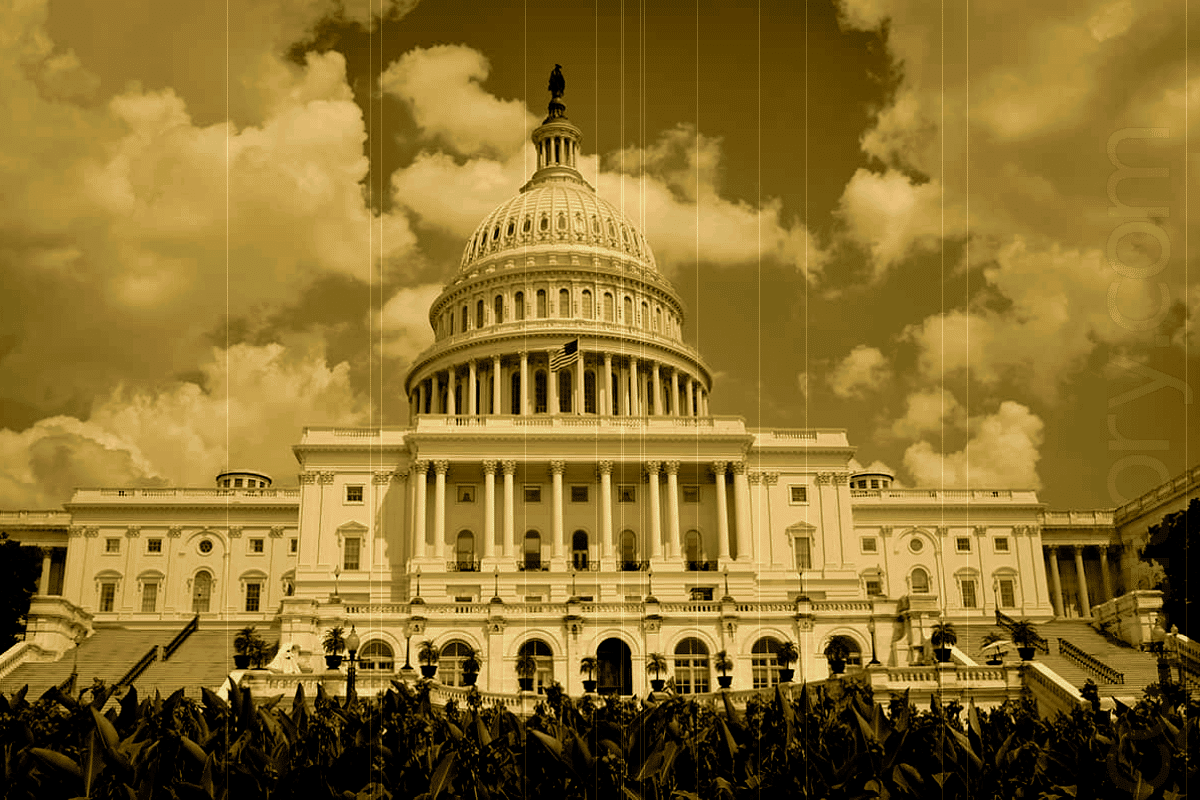
Following a border security agreement with Mexico, the United States suspends tariffs.
After reaching a border security agreement with Mexican President Claudia Sheinbaum, President Donald Trump has agreed to temporarily halt the proposed 25% tariff on Mexican imports for a month. The agreement coincides with Sheinbaum’s pledge to send 10,000 National Guard members to the U.S.-Mexico border in an effort to stop the trafficking of illegal drugs, especially fentanyl, and to lower the number of migrants entering the country.
Trump made the announcement two days after he imposed tariffs on China, Canada, and Mexico as part of a larger plan to compel other nations into tightening their border security and trade regulations.
Negotiations will proceed under the accord, with high-level discussions between U.S. officials and Mexican representatives overseen by Secretary of State Marco Rubio, Treasury Secretary Scott Bessent, and Commerce Secretary Howard Lutnick. Trump stated that the temporary suspension offers a window to investigate long-term alternatives, and he expressed optimism about a long-term solution.
Cryptocurrency and Markets Respond Favorably
Financial markets have been soothed by the tariff pause. After opening down due to growing trade concerns, U.S. markets swiftly recovered. After the announcement, the S&P 500, which had previously lost 0.7%, regained the majority of its losses. There were also indications that the Mexican peso, which had been under pressure, was stabilizing.
In line with the recovery of the larger cryptocurrency market, Bitcoin first fell to $91,178 on February 2 before rising to about $98,000. Other digital assets that had experienced sharp drops of more than 20% also recovered.
Risks still exist even with the market’s favorable short-term response. Concerns about possible reprisals and protracted trade tensions are raised by the fact that tariffs on China and Canada are still scheduled to go into force in the days ahead.







